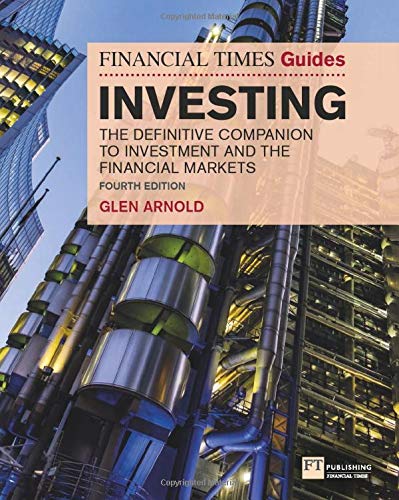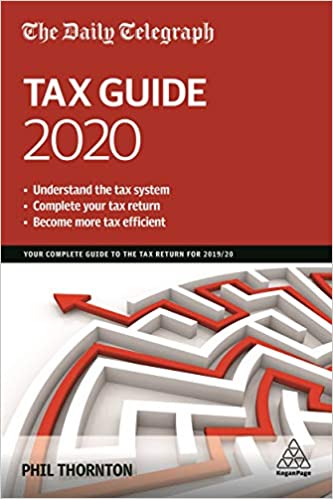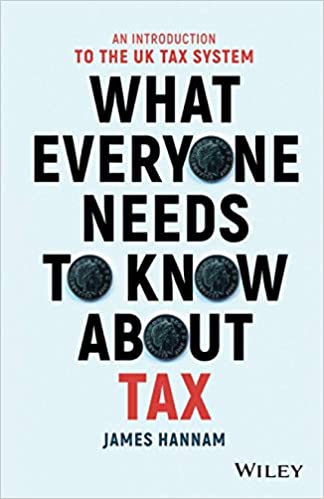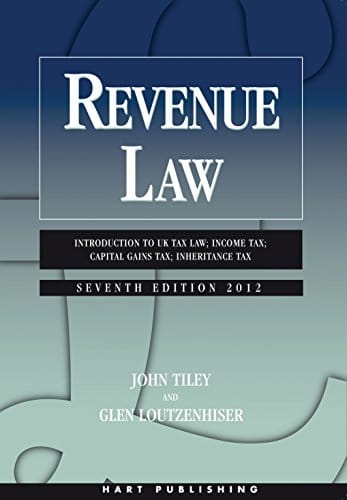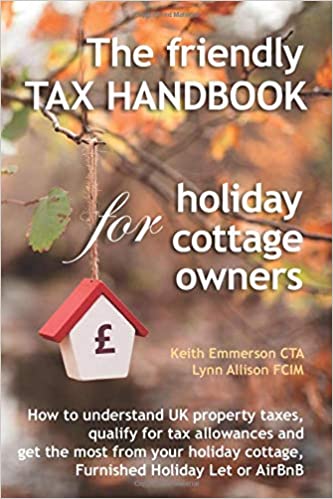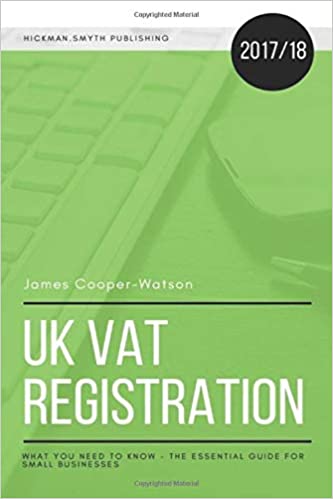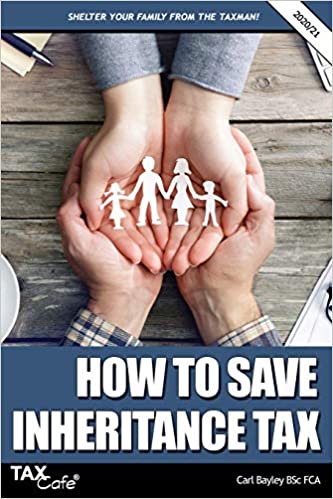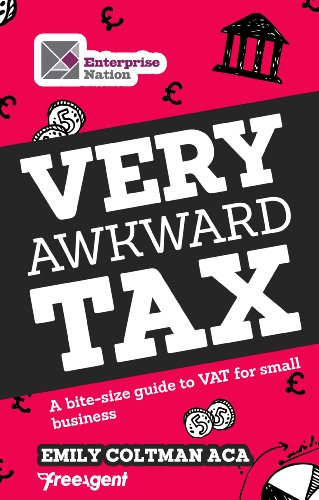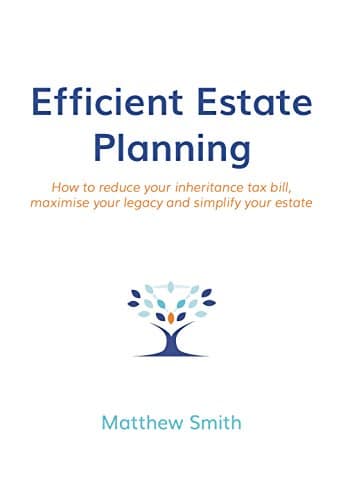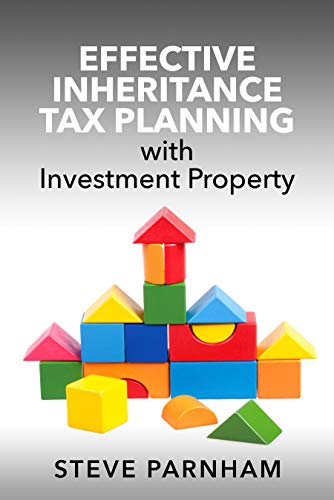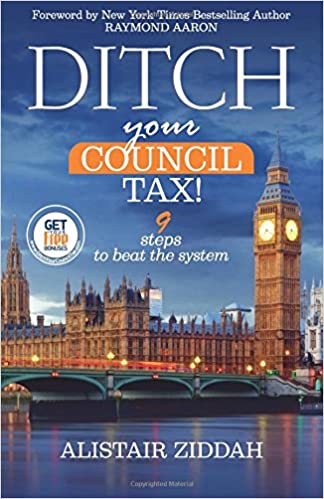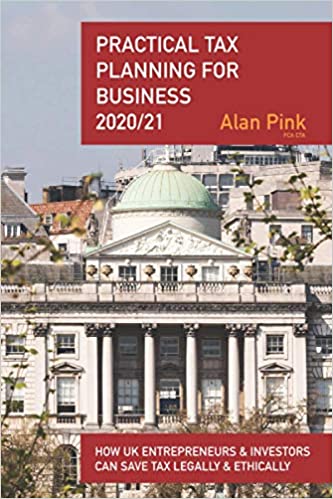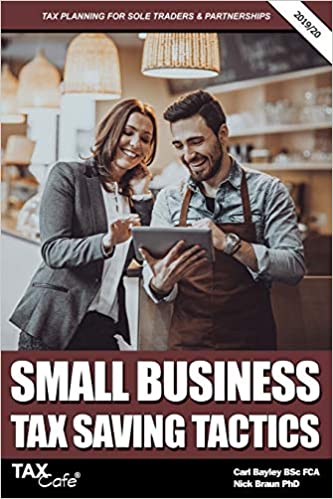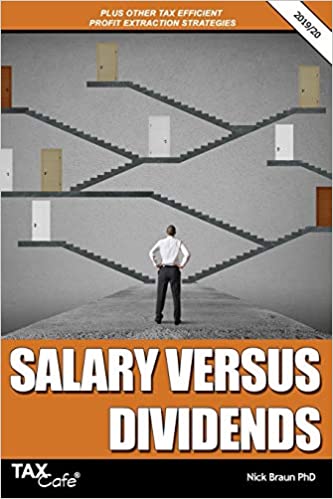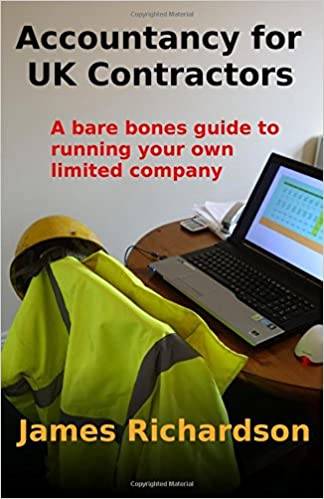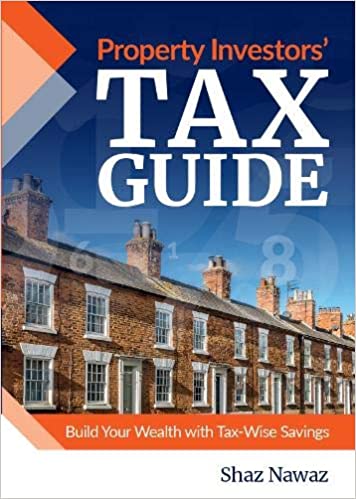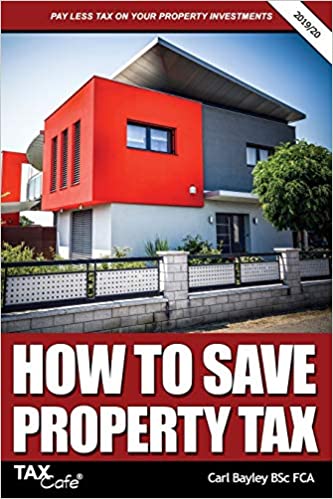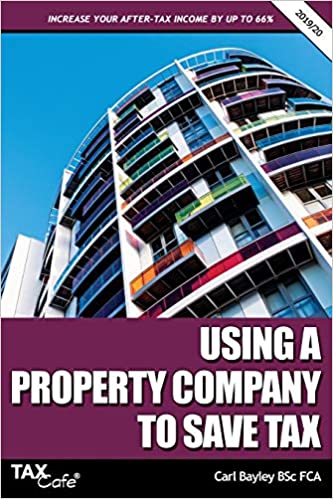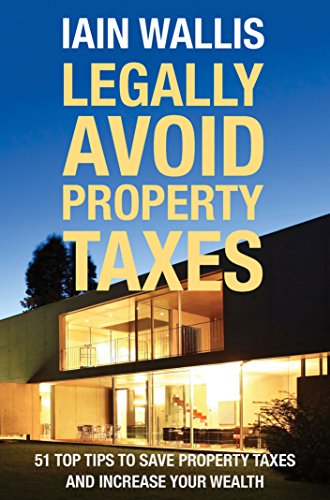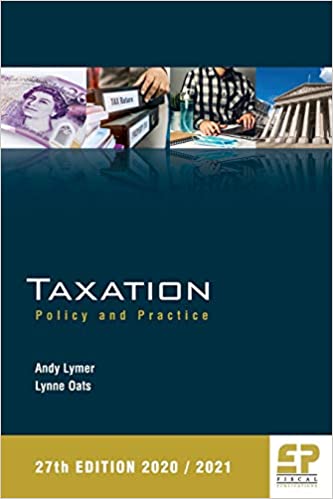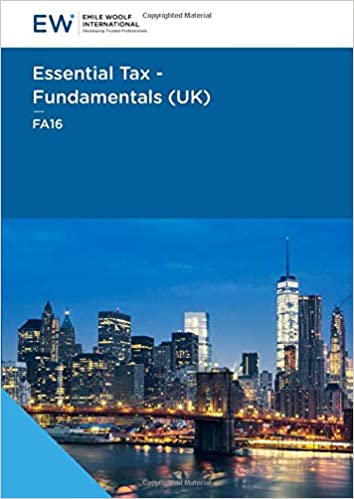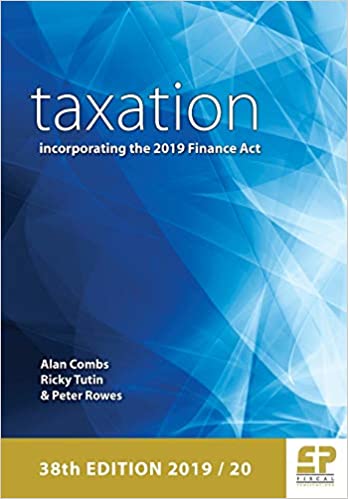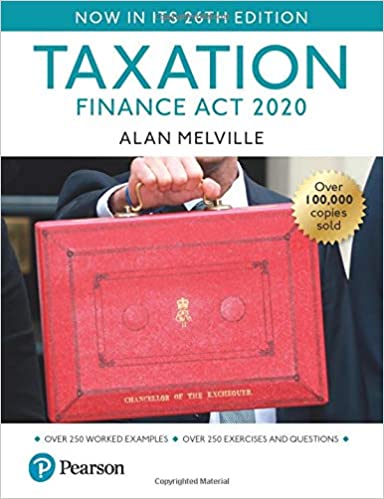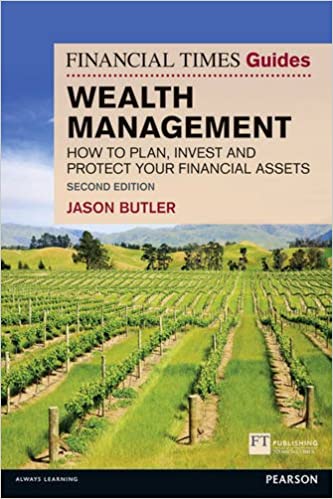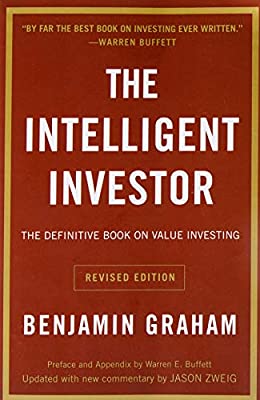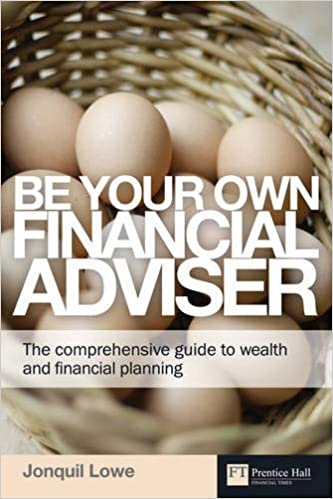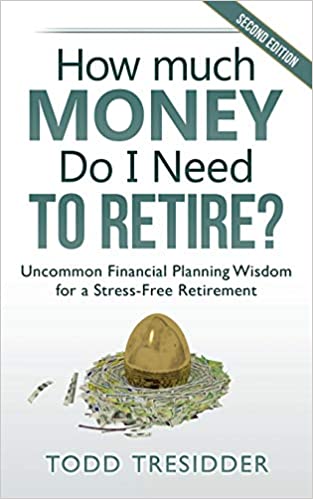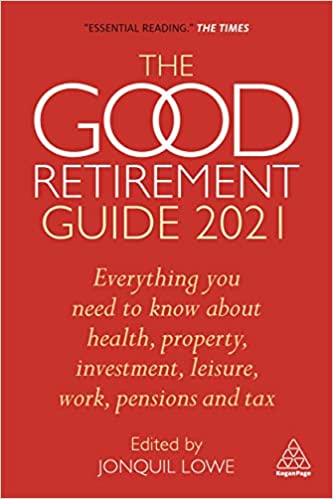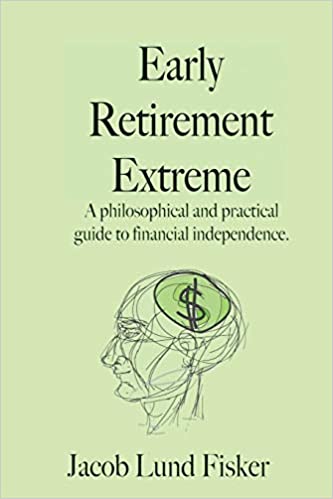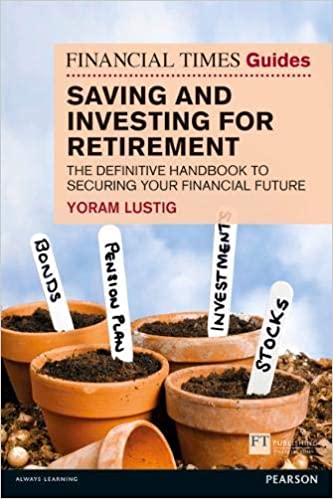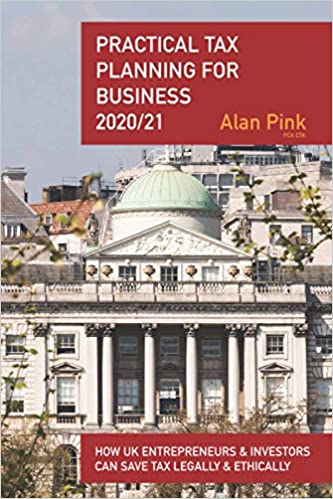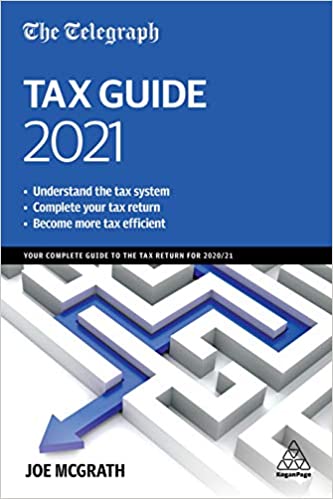Last updated: 20 December 2021.
Shortlists of the best tax saving books are below
All of the tax saving books featured on this page are beginner friendly unless stated otherwise. With prices ranging from £5 - £25, stocking up on a few of the best tax avoidance books can deliver the same value as an expensive seminar for only a fraction of the cost. They can even be read for free with Amazon's Kindle Unlimited free trial.
Click on any title below to see the latest price from Amazon, you'll be shocked at how affordable the most popular titles are. As an Amazon Associate, I earn a small commission from qualifying purchases which helps to support this site. This does not impact how I compile the list. Happy reading!
Discover prime books on investing and finance
No boundaries, just your curiosity- Invest with confidence
- Finance industries
- Real estate & real assets
- Exotic investments
- The bigger picture
Books reviewed
Financial Expert 2024 Book Awards
Gold Prize
Financial Times Guides: Investing by Glen Arnold
The best guides to introduce beginners to UK Tax
All-rounder titles which cover many tax basesThe best books about saving property taxes
Books for landlords and property investors looking to pay less property taxTechnical guides for finance professionals
The most comprehensive and authoritative guides to UK taxationDo it yourself: the best financial planning books for beginners
They didn't make my top 10, but they still have plenty to offerFinancial planning for your own retirement
These books focus on managing wealth to maximise income in retirementDownload all these tax saving books for free with Kindle Unlimited
You DON'T even need a Kindle device to download booksHere's a useful tip that will save you £100+ on books about tax. Sign-up to Amazon's Kindle Unlimited free trial, which offers access to all titles for free for 30 days.
- There's no obligation to continue with a paid subscription.
- You don't even need a Kindle to enjoy - any device will do.
If you're cost-savvy, you'll already be calculating the savings you could unlock and the knowledge you could gain by downloading 5 books over the next 30 days.
My Top 5 Tax Saving Books for 2022
Click covers to see latest reviews and prices1. Practical Tax Planning for Business - Alan Pink
Financial Expert Rating:
Synopsis:
"Far from being a stuffy text book, this is intended to be a highly practical guide to the tax system of the United Kingdom, which guides the reader in non technical language through the mazes of one of the most complex and intimidating tax codes in the world.
Arranged by topics rather than by taxes, the book sets out simple and non aggressive strategies for businesspeople and investors, who bear the main brunt of taxation in this country, to reduce this burden in a sensible and ethically acceptable way."
Who this book is for:
The Practical Tax Planning for Business 2020/2021 is the latest guide from Alan Pink.
I've ranked this guide as the #1 tax saving book, because small business owners probably don't have the time to shift through the chapters of a tax textbook to simply understand what they need to pay, and what they don't.
Alan Pink makes this easy with Practical Tax Planning for Business by including tonnes of detail with user friendly language.
You won't need to be a tax expert or have the patience of a saint to simply understand what you need know know to minimise your corporation tax and other business taxes.
An excellent guide that I thoroughly recommend reading. Check out our full interview with Alan Pink here.
Financial Expert Rating:
Synopsis:
"This book sets out 51 Top Tips to enable you to keep more of your income from property – be that income tax, corporation tax, capital gains tax or inheritance tax. It will also enable you, with the correct planning, to preserve the capital wealth that has either been created or arisen through price inflation.
Whether you are taking the first steps on your property journey, whether you are a seasoned campaigner or whether you want to preserve the family wealth, this book is packed with tax tips and useful examples which will enable you to legally pay less tax, keep more of your property income – and increase your wealth."
Who this book is for:
Building on his experience of over 30 year as a Chartered Accountant, and with all his property investing knowledge, Iain Wallis has created a niche accountancy and tax practice that deals solely with high net worth individuals delivering sound tax advice and legal tax strategies that avoid – and thus save – thousands, and in some cases, hundreds of thousands of pounds in tax. Iain is a powerful and entertaining keynote speaker.
He uses practical, day-to-day examples to explain away the complexities of taxation – and, in particular, property taxation. He prides himself on his down-to-earth manner and the ability to make saving tax fun.
Financial Expert Rating:
Synopsis:
"Fully updated each year with all the latest rule changes (now for 2020/21 tax year), this book continues to provide coverage of the UK's tax system as it has for 27 years.
It is an excellent aid to support a first course in tax, or as a general introduction to the topic.
Written in an accessible style with many examples, activities and questions throughout, this textbook gives the reader a thorough understanding the the UK's taxation principles and practices.
While the UK tax system, becomes ever more complicated and many textbooks and guides reflect this trend in becoming ever more complex too, this book maintains its brevity and clarity - as endorsed by many tax lecturers and teachers right across the UK."
Who this book is for:
For those who want the detail, at #3 is the most widely used UK University tax textbook.
Taxation: Policy and Practice is a standard reference guide for accounting/tax students and professionals who are learning the trade.
What I loved was the inclusion of a companion website which is packed full of extra test questions and real exam questions from previous exams, together with references to further reading.
Financial Expert Rating:
Synopsis:
"The Telegraph Tax Guide is the UK's bestselling tax handbook, containing everything you need to know about completing a self-assessment tax return for the 2020/21 financial year.
With advice on how to complete self-assessment tax returns and a number of tax saving tips, this book includes:
- Key changes from the Budget and Treasury Statements
- How furlough will have affected how much tax you pay
- Dealing effectively with HM Revenue and Customs
- Worked illustrations showing you how to complete your tax submission
- How living or working abroad affects the tax that you pay
- Tax saving tips which help you save money
- Inheritance tax and potentially exempt transfers
Whether you are self-employed, work part time or full time, are unemployed or retired, if you pay tax The Telegraph Tax Guide is invaluable. It helps ensure that you are as tax efficient as possible, offering practical advice, timetables and examples that make the complex and challenging world of tax returns easier to understand."
Who this book is for:
The Daily Telegraph Tax Guide 2020 is the UK's bestselling tax handbook, containing everything you need to know about completing a self-assessment tax return for 2019/20.
It's the bible for personal tax, for non-tax people.
The Daily Telegraph has published an updated edition of this tried and tested book for many years. Its best selling status and reviews on Amazon speak for themselves.
The book is currently rated as 4.5/5 on Amazon.co.uk at the time of writing.
Financial Expert Rating:
Synopsis:
"What Everyone Needs to Know About Tax takes an entertaining and informative look at the UK tax system in all its glory to show you just how much you pay, how the money is collected and how it affects ordinary people every day.
Giving context to recent controversies including the Panama Papers, tax avoidance by multinationals, Brexit and more, this book provides a straightforward explanation of tax and the policy behind it for non-specialists — no accounting or legal knowledge is required.
The system's underlying logic is illustrated through three 'golden rules' that explain many of the UK tax regime's oddities, and the discussion focuses on the way things are rather than utopian ideas about how they might be."
Who this book is for:
A more light hearted book for anyone with an interest in tax - be it personal or business.
Economics students, finance professionals and investors will read and chortle their way through What Everyone Needs to Know About Tax by James Hannam.
Currently rated 4.7/5 by almost 50 reviewers, this is one of the highest rated tax saving books sold on Amazon at the time of writing, and it's easy to understand why.
It isn't often that a subject like tax is served up with such wit, humour. It's readable, it's insightful and it's entertaining.
Perfect as a gift.
The Financial Expert™ Best Tax Saving Book Challenge

I challenge you to read one tax book per month and see if it revolutionises your investing style!
The Financial Expert™ Best Tax Saving Book Challenge is a well-loved feature of this website.
Taxes are a broad subject with an almost infinite amount of depth. As a mention in another section of this page - the underlying UK tax legislation which shapes our tax rules is thousands and thousands of pages long.
Of course, quick-help guides can be as short as 10 pages. So what explains the difference?
The key difference is the difference between understanding the very high level basics of a tax, such as:
- What is the headline tax rate
- What basis is the tax calculated upon
- When is the tax due to be paid
Compare this to the level of detail you need to understand, to be able to confidently say that you have structured your affairs in a way that absolutely minimises the amount of tax you need to pay, in a way that is:
- Sustainable
- Ethical
- Legal
- Low-admin
It's clear to see the gulf of difference between these levels of knowledge. Naturally, we'd all like to know the tax rules in intimate details. But how can be we pick it up?
This is where my challenge comes in. Here's the challenge in a nutshell:
I challenge you to read one tax saving book per month for the next year, and find your new favourite!
Some guidance
- I found it helpful to stock up on books for the next few months, so that when a new month rolls around, my next book was my bed-side table asking to be opened!
- Choose a variety of taxes. This will keep the challenge fresh and increase the diversity of what you're reading about.
- Pick at least one book that you don't think you would enjoy, this book might be the one that surprises you the most!
- If you're time-starved, audio books are absolutely fine!
Where to begin?
My list of the 5 best tax books above is as good as any place to start, as I have consciously included a mix of different writing styles to ensure that it caters to a wide audience.
Good luck!
Tips for reading the best books about paying less tax
“I like to pay taxes. With them, I buy civilization.”
The best tax saving books shouldn't be read like a novel or an ordinary investing book. It takes a special approach for this specialist subject.
Follow my tips below to get the most out of your new purchase! Let me know how you get on by leaving a comment below.
1. Skimming is a waste of a tax book
It's not really possible to 'get the gist' of a tax regime with a cursory flick through its pages. If you're interested in a relevant topic, it's vital that you read it carefully.
Paying the wrong amount of tax or making a false declaration in your tax return by accident is not forgiven easily by HMRC. They follow a policy that ignorance is not an excuse. Therefore, if you plan to actually apply any knowledge you've gained from a tax book, you must follow it through to the letter. That's impossible to do if you've only skimmed the content.
2. Take summarised notes
For tax books, I wholeheartedly recommend that you take some basic notes while you read, or use a highlighter pen to pull out key sentences. With either method, what you're trying to achieve is to pull out the key pieces of logic which, when stitched together, give you a condensed outline of how the tax works.
This will make the book a much quicker reference guide the next time you need to refresh yourself of income tax threshold, the personal allowance or the capital gains exempt amount.
3. Check online for updates
A book about saving tax should be an effective way to learn about the mechanics of tax - how it works. Each tax has it's own basis, it's own list of exceptions and many other rules alongside.
What a tax book cannot do it automatically stay relevant when tax rules change. Changes are made to the UK tax code each year at least once (driven by the Budget), and even some of the most authoritative books about tax aren't published in a new edition every year - particularly books aimed at investors.
This calls for some online research after you've read a tax book, on the HMRC website to begin with, to check that the rates and rules you've learned about are still relevant.
4. If you're unsure - find a financial adviser.
Some tax rules carry so much granular detail that the official book which holds tax legislation is over 2,000 pages long. Naturally, a simple guide to tax that you can pick-up off the shelf cannot hold as much information (nor would you want it to!). This highlights the fact that even the best tax saving books cannot be the perfect answer for everyone, particularly those with:
- Very high net worth
- Complicated financial arrangements
- Judgemental or aggressive tax positions
- Tax avoidance schemes (as registered with HMRC)
In these cases, it's more likely that a financial adviser is a more relevant source of information than a book about saving tax.
Tax avoidance versus tax evasion

“He said that there was death and taxes, and taxes was worse, because at least death didn’t happen to you every year.”
I find that it is always helpful when discussing the topic of paying less tax, to draw attention to the difference between tax avoidance and tax evasion. These are very similar terms, used more-or-less interchangeably by laypeople, but which have completely distinct meanings in the financial community.
Tax avoidance is paying less tax through completely legal means.
An example might be structuring your lifestyle or work situation in a way that produces income in a form which is taxed at a lower rate. Another might be taking advantage of tax-free savings accounts or pension schemes which are granted exemptions from tax by the government. Tax avoidance is about taking sensible steps, planning ahead, so that you don't find yourself in a position of paying more tax than you needed to.
Tax avoidance may require some additional administration, but if your income and wealth is large enough, you should be highly compensated for each hour you spend on tax planning. Particularly as its benefits often apply into perpetuity, and in some cases therefore compound over time!
Tax evasion is paying less tax through deceptive or illegal means.
Tax evasion classified as a crime in most countries, including the UK. Tax evasion could involve:
- Failing to declare income to the tax authorities
- Hiding wealth, or masking the its identity for the purpose of evading taxes
- Using complex, convoluted business transactions, where the transaction is essentially a fiction, and it's primary purpose is merely to pay less tax.
It goes without saying that Financial Expert does not condone tax evasion in any shape or form. The best tax saving books featured on this page will no doubt take a similar stance.
About tax saving books
Tax is an essential part of modern society. It allows governments to raise funds to pay for the public services we all use. However, there's a line to be drawn at paying the tax you are required to pay, and paying more than this amount.
Many investors, workers and businesspeople are guilty of accidentally paying too much tax. Without a clear picture of the rules, rates and alternative ways to earn an income, they suffer a higher rate of tax than they need to.
This is why books about saving tax are some of the most popular finance titles sold online.
Paying less tax isn't just something worth knowing - it's one of the most important pieces of financial knowledge you'll obtain. Tax directly reduces your income or wealth, meaning that like investing costs and fees, it runs completely contrary to your financial goals.
The more tax you pay = the longer it will take to meet your financial objective. Therefore, it's easy to see how a little tax knowledge could go a long way to improving your investment returns or increasing the amount you can save each month.
The common types of books about paying less tax
From a thorough review of the tax books sold online, the main sub-genres are:
Books about avoiding inheritance tax - The best estate planning books have several aims, but a key one is avoiding the 40% inheritance tax.
Books about paying less income tax - These are the bread-and-butter of tax saving books, and are featured on this page in droves. Income tax is one of the most complex personal taxes, and is often grouped together with social security, known as National Insurance Contributions in the UK. All of the best financial planning books will devote significant attention to taxation, as there are a wide array of financial investment products designed to help investors invest more tax-efficiently, such as:
- With-profits whole of life policies
- Investment bonds with life insurance
- Private pension schemes
- Cash ISAs and stocks & shares ISAs
Books about paying no tax on capital gains - The best stocks & shares books and the best property investment books will often include a chapter on taxes, explaining how anyone with control over their financial affairs can usually minimise their capital gains tax - in some cases reducing it to zero.
Books about avoiding stamp duty land tax - The best land & forestry books will help readers navigate the world of stamp duty land tax, known by the acronym SDLT.
Explore the best books in more genres
General personal finance
Trading the financial markets



